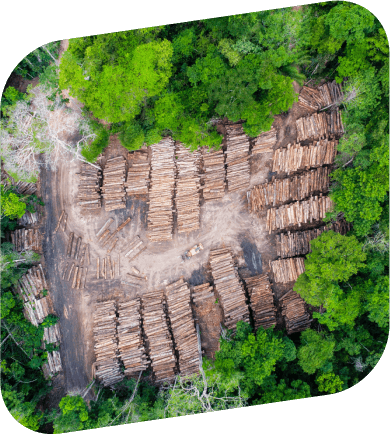The UNFCCC, or United Nations Framework Convention on Climate Change, is an international treaty aimed at addressing the global issue of climate change. Established in 1992, the UNFCCC serves as the primary framework for international cooperation to combat climate change and its impacts. It has played a central role in shaping global climate policy and negotiations.


Here are key aspects of the UNFCCC:
Objective
The ultimate objective of the UNFCCC is to stabilize greenhouse gas concentrations in the atmosphere at a level that would prevent dangerous human-induced interference with the climate system. In simpler terms, it seeks to limit global warming and the adverse effects associated with it.
Membership
The UNFCCC has near-universal membership, with 197 parties (as of my last knowledge update in September 2021), including 196 countries and the European Union. Each party to the convention commits to addressing climate change within its own national context.
Annual Conferences
The UNFCCC holds an annual Conference of the Parties (COP) meeting, where representatives from member countries gather to discuss and negotiate climate-related issues. These meetings often result in significant agreements and decisions.
Kyoto Protocol
One of the most notable outcomes of the UNFCCC was the Kyoto Protocol, adopted in 1997. The Kyoto Protocol set binding emission reduction targets for developed countries, often referred to as “Annex I” countries. It established the first legally binding commitments for reducing greenhouse gas emissions.
Paris Agreement
The Paris Agreement, adopted in 2015 at COP21 in Paris, is another major milestone under the UNFCCC. It builds upon and extends the principles of the UNFCCC, with a focus on limiting global warming to well below 2 degrees Celsius above pre-industrial levels, with an aspirational target of limiting it to 1.5 degrees Celsius. The Paris Agreement is notable for its flexible approach, where each country sets its own emission reduction targets, known as Nationally Determined Contributions (NDCs).
Principles
The UNFCCC is based on several key principles, including the principles of equity, common but differentiated responsibilities, and the precautionary principle. These principles recognize that all countries share a responsibility for addressing climate change but that developed countries should take the lead and provide financial and technological support to developing countries.
Adaptation and Mitigation
The UNFCCC addresses both mitigation (efforts to reduce greenhouse gas emissions) and adaptation (efforts to adapt to the impacts of climate change). It recognizes that climate change is already occurring, and some impacts are unavoidable.
Finance and Technology Transfer
The UNFCCC promotes financial assistance from developed to developing countries to support climate-related projects and the transfer of clean technology to help developing countries reduce their emissions and adapt to climate change.
REDD+ stands for Reducing Emissions from Deforestation and Forest Degradation, plus the sustainable management of forests, conservation of forest carbon stocks, and enhancement of forest carbon stocks. It is a global initiative aimed at addressing deforestation and forest degradation in developing countries as a means to combat climate change and conserve biodiversity.




REDD+ is often associated with international climate change agreements, including the United Nations Framework Convention on Climate Change (UNFCCC). Under the UNFCCC, REDD+ has gained recognition as a mechanism for mitigating climate change, as it addresses one of the major sources of greenhouse gas emissions – deforestation and forest degradation.
REDD+ programs often involve financial incentives and support from developed countries to developing countries, as preserving forests in developing nations has a global benefit in terms of carbon storage and climate change mitigation. These programs aim to create economic incentives for countries and communities to protect and manage their forests sustainably, rather than engaging in activities that result in deforestation or degradation.




The key objectives of REDD+ include:
- Reducing greenhouse gas emissions from the forest sector.
- Conserving and enhancing the role of forests in biodiversity conservation.
- Supporting sustainable livelihoods for forest-dependent communities.
- Promoting the sustainable management of forests.
- Contributing to the achievement of broader sustainable development goals.
Contact Us Today
Jurcom follows closely UNFCCC – REDD+ advancements and consults clients with required steps. Contact us today for more information.

